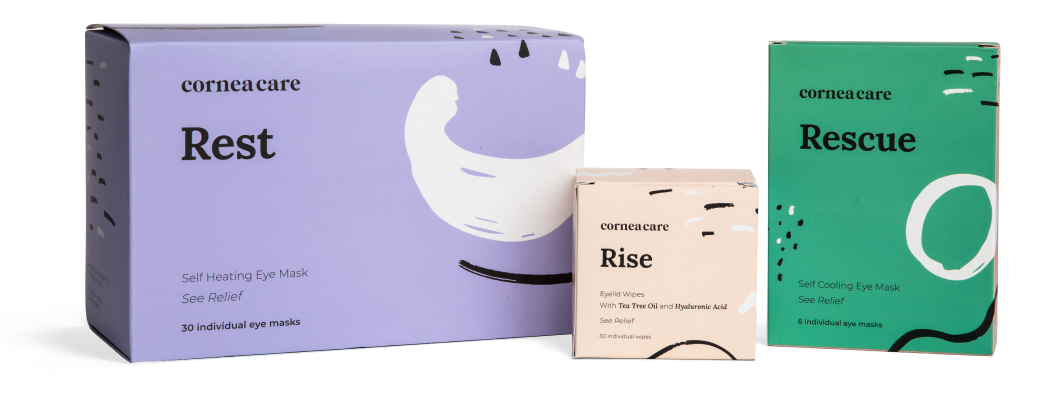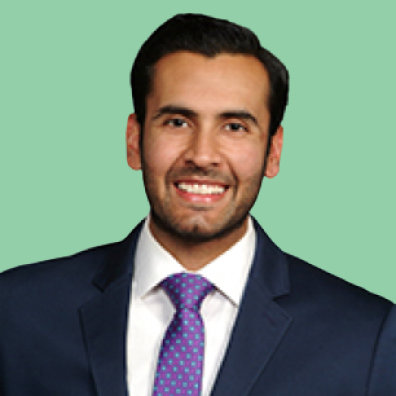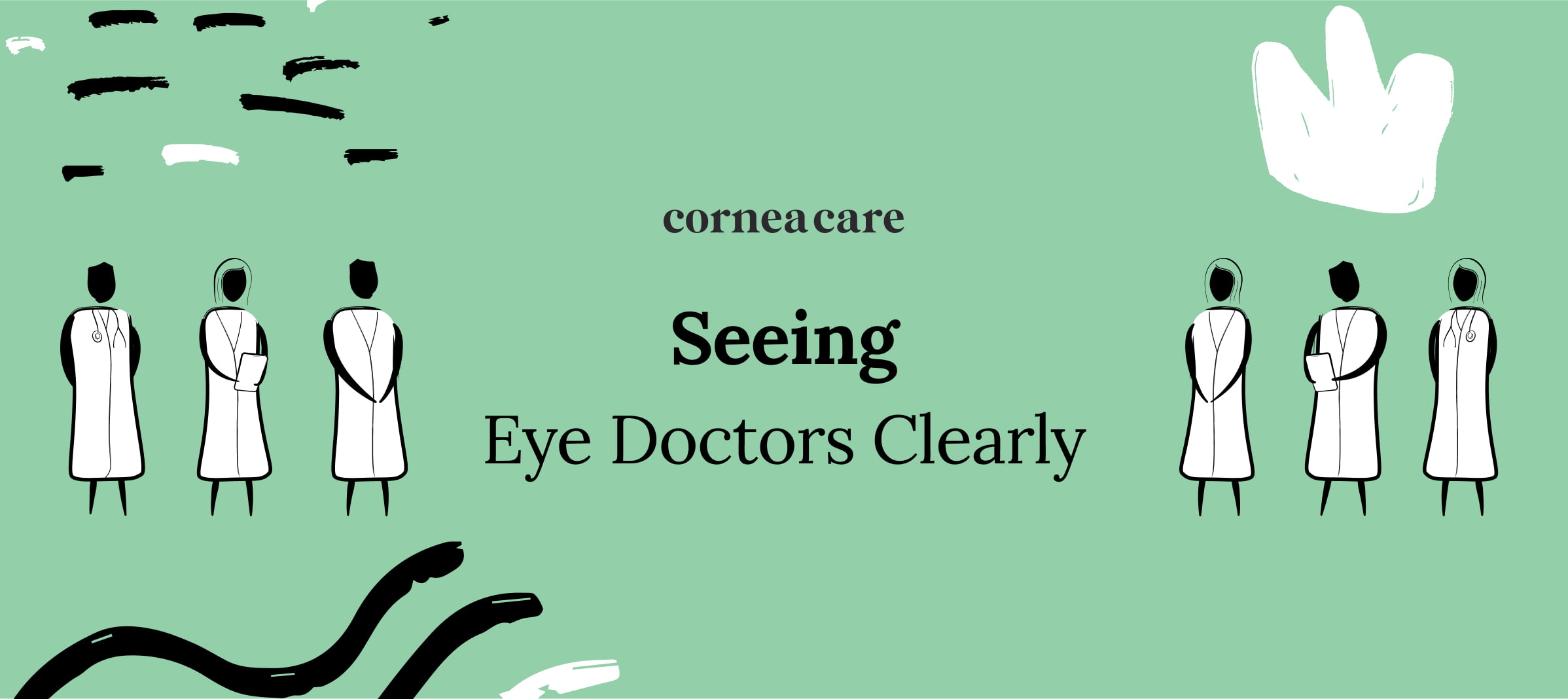Like most people, you may not know the difference between an optometrist and an ophthalmologist. These eye care professionals have different levels of training and expertise to care for eye conditions from the basic to the more complex.
Having an eye exam may seem like a simple routine to check how many tiny letters you can read on a wall, but in reality, it’s so much more. For a trained eye care professional, your eyes can provide a window to a multitude of health indicators. Changes or abnormalities found early in the eye can sound the alarm on potential diseases elsewhere in your body.1
Therefore, a proper eye examination with an optometrist or ophthalmologist at least every 1-2 years should be part of your regular healthcare management plan. Don’t rely on the very basic results of a vision test at the DMV or a local health fair to determine the health of your eyes. Only an optometrist or ophthalmologist can do that.
Because each type of eye care provider has an important place in your eye care over your lifetime, this article will help you understand the differences and how to choose the right eye doctor.
Key Points
- An optometrist can find and correct vision issues and detect eye conditions.
- Ophthalmologists are medical doctors who can diagnose and treat all eye diseases, as well as perform eye surgery.
- Routine eye exams are essential to keeping your eyes healthy for life and finding early signs of disease.
What’s the Difference between an Optometrist and an Ophthalmologist?
If you do a quick search for an eye doctor near you, you might quickly find yourself confused by the types of eye doctors in local practices and hospitals in your area.
The right eye doctor to make an appointment with depends on the level of care you need. You may not know if that’s an optometrist or an ophthalmologist and that’s what we’re going to help you understand.
If you’re in generally good health and noticing a slight decline in your vision, you’ll likely start by seeing an optometrist and if vision correction is needed, an optician.
However, if you’re experiencing serious vision issues and/or have existing health problems relating to your vision, you may need to see an ophthalmologist.
In the case of trauma that damages your eyes or vision, head to the emergency room right away.
To make this easier, let’s meet each type of eye care professional to learn about their training and the services they provide.
Meet the Optometrist
An optometrist is a Doctor of Optometry (DO). They are not medical doctors, however, an optometrist can be considered a general practitioner for your eyes.
An optometrist completes college, followed by four years of optometry school. They receive a Doctor of Optometry (OD) after the successful completion of their education. Optometrists are licensed to practice optometry, however, in the United States what that covers varies from state to state.2
Optometrists may also complete specialized additional training around eye diseases. They may complete advanced sub-specialty training programs focused exclusively on conditions such as glaucoma, dry eye disease, diabetic eye health, or age-related macular degeneration.
Optometrists can offer a range of essential eye care services, though it will vary from practice to practice. An optometrist’s services will include vision tests, prescribing corrective lenses (eyeglasses and contact lenses), and treating specific eye conditions.3
Importantly, your optometrist performs eye exams that can detect abnormalities in your eye health, and allow early diagnosis of certain eye diseases.
When serious conditions are found or suspected, your optometrist will refer you to a trusted ophthalmologist. Often, optometrists and ophthalmologists work in the same practice, conveniently offering the highest level of eye care for you.2

Multivitamin
Eye Vitamins & Minerals
A single multivitamin to address the nutritional needs of your eyes, mind and body. 📦 Free shipping.
Try today - $35
Services and Treatments an Optometrist Provides
As dedicated healthcare professionals, optometrists are there to diagnose, treat, and manage your vision correction needs. An optometrist conducts vision tests and can write a prescription for eyeglass lenses or contact lenses.
However, your optometrist is trained as a primary eye care provider. In fact, your eye exam with an optometrist can be the first step towards diagnosing potential concerns with not just your eyes, but your health in general.
You might be surprised to learn that a comprehensive eye exam with an optometrist can actually reveal serious health conditions such as high blood pressure, diabetes, autoimmune diseases, aneurysms, and neurological conditions.1
Services provided by an optometrist include:3
- Eye exams to screen for eye diseases and abnormalities
- Vision tests to assess changes to your vision
- Eyeglass lens prescriptions and updates
- Eyewear solutions, usually with an array of frames and lens options
- Contact lens management and fittings
- Vision therapy recommendations
Additionally, an optometrist who specializes in certain populations may offer:
- Eye exams specifically for people with diabetes and related eye conditions
- Specialty diagnostics and treatment of glaucoma, macular degeneration, corneal disease, cataracts, and other eye diseases
- Comprehensive dry eye disease diagnosis and treatment options
- Pediatric optometry services for children
- Post-surgical care
- Emergency eye care due to trauma
- Prescribe medications and eye drops for eye diseases
When to See an Optometrist
A comprehensive eye exam with an optometrist should be part of your regular self care and eye care routine. According to the CDC, regular eye examinations at least every year or two is essential to keeping your eyes healthy and your eyesight optimal.4
If you have perfect vision, you may be tempted to skip visits to your optometrist. However, even with great eyesight, your eyes may still develop issues especially as you age or if you have any health problems that put your eyes at risk.
There are a number of eye diseases with little to no symptoms in their early stages, making eye exams the necessary route to uncovering these potential vision-threatening conditions before serious damage occurs. When abnormalities are found, your optometrist can refer you to an ophthalmologist if advanced diagnosis and treatment are needed.

Rest
Warm Compresses
Perfect for eye dryness, fatigue, tearing, and puffiness of the eyelids. Free shipping 📦.
Try today - $30
Meet the Ophthalmologist
An ophthalmologist is a Doctor of Ophthalmology (MD) with advanced eye care training. Ophthalmologists are medical doctors licensed to practice medicine and perform surgery.
Ophthalmologists obtain a four-year college degree followed by eight or more years of medical school and residency with surgical training.2
An ophthalmologist may also specialize in certain subsets of eye health. A subspecialty requires additional medical and surgical training in a certain area of focus.
Different subspecialties of ophthalmologists include:5
- A corneal specialist manages eye problems related to the cornea including corneal eye disease, keratitis, corneal infections, corneal transplants, and severe dry eye.
- A retina specialist treats retinal detachment, age-related macular degeneration, diabetic retinopathy, and conditions of the vitreous.
- A glaucoma specialist specializes in the diagnosis and treatment of glaucoma.
- Neuro-ophthalmologists manage vision issues related to conditions of the central nervous system, such as Parkinson’s disease and traumatic brain injury.
- An oculo-plastic surgeon is an ophthalmologist who manages issues related to the eye socket and soft issues that surround and protect your eyes.
- Pediatric ophthalmologists treat childhood eye conditions including strabismus (crossed eyes), amblyopia (lazy eye), trauma to the eyes, and vision correction.
- Oncology ophthalmologists treat ocular cancers.
To understand the difference between optometrist and ophthalmologist, you can compare it to seeing your general practitioner, your “family doctor” versus seeing a specialist, such as an endocrinologist or cardiologist. While you see your general practitioner for annual physicals and general health problems, you would be referred to a specialist if you need advanced diagnosis and care. The same is true for your eye care.
Services and Treatments an Ophthalmologist Provides
An ophthalmologist has the advanced training required to diagnose and treat all eye diseases. Further, they have the medical and surgical training to perform vision-saving eye surgery and advanced treatments.
Ophthalmologists can provide many of the same services as optometrists, and many provide complete eye care which includes prescribing and fitting eyeglasses and contact lenses to correct vision problems.
An ophthalmologist can offer a range of medical and surgical services including:
- Surgical eye care after trauma
- Surgical treatment of childhood eye conditions
- Topical management of iritis and other forms of ocular inflammation
- LASIK vision correction surgery
- Surgical eye care for glaucoma, retinal conditions, ocular tumors, and corneal disease as well as cataract surgery
- Plastic surgery to repair damage or improve the appearance of eyes and eyelids
When to See an Ophthalmologist
In many local practices, clinics, and hospitals, optometrists and ophthalmologists work together to provide comprehensive eye care services.
When a visit with an optometrist indicates the need for advanced treatment, medical intervention, or surgical care, your optometrist will refer you to the right ophthalmologist. Ophthalmologists have the advanced training and surgical expertise to treat all eye conditions, including the most complex.
Many ophthalmologists also provide complete eye care including vision tests, routine eye exams, and prescriptions for corrective lenses.

Multivitamin
Eye Vitamins & Minerals
A single multivitamin to address the nutritional needs of your eyes, mind and body. 📦 Free shipping.
Try today - $35
Optometrist vs Ophthalmologist
An ophthalmologist is a medical doctor, which is a primary distinguishing feature of the difference between optometrist and ophthalmologist.
An optometrist completes college followed by four years of optometry school. By comparison, an ophthalmologist completes college and then another 8-10 years of medical school and residency, which includes surgical training and potentially a subspecialty in specific eye conditions.
Optometrists are not medical doctors, while ophthalmologists are medical doctors with advanced medical and surgical training. As medical doctors, ophthalmologists are trained to diagnose and treat all eye conditions, and can often recognize health problems not directly related to the eye as well.2
Many ophthalmologists also apply their advanced training to important scientific research on the causes and cures of eye disease.2
With 12-14 years of education, surgical training, and a medical degree, ophthalmologists are trained to diagnose and treat a wide range of eye conditions, including surgical treatment and interventions. Ophthalmologists perform medical interventions and eye surgeries that optometrists cannot. This is the major difference between optometrist and ophthalmologist.
What is an Optician?
An optician may have a role to play on your eyecare team as well, if your optometrist or ophthalmologist determines that you require vision corrective lenses.
An optician can help you choose the right frames for your glasses and get you fitted properly for contact lenses. Opticians do not offer eye exams, and they are not eye doctors. To perform the functions of an optician, they complete a 1-2 year optician program and receive a degree, certificate, or diploma.
Their role as eye care professionals includes:
- Checking your lens prescriptions
- Taking facial measurements to fit you for eyeglasses and frames
- Describing your options to help you decide on the best frames and lenses
- Completing your order for contact lenses and eyeglasses
- Adjustments and repairs to your eyeglasses and lenses as needed

All Rounder
Eyelid Hygiene Plan 3
Perfect for eye dryness, burning, itching, grittiness, crusting/flaking of eyelashes and inflamed/swollen eyelids. Free shipping 📦.
Try today - $60
How to Choose the Right Eye Doctor for You
The eye doctor you need to see depends on the symptoms or eye conditions you are experiencing.
In many cases, you can start with a visit to a trusted optometrist. You might ask for a recommendation from a friend or family member, or your regular doctor. If you suspect you need a vision correction solution, an optometrist can help you with an eyeglass or contact lens prescription. They will conduct a vision test, as well as a thorough eye examination to screen for other conditions that may affect your general eye health.
An appointment with an ophthalmologist is in order for managing existing eye diseases and planning surgical treatments for major eye conditions, such as cataract surgery or refractive eye surgery. In most cases, your optometrist will refer you to an ophthalmologist they recommend.
You’ll see an optician when you’re ready for new frames, or prescription sunglasses. Your optometrist or ophthalmologist will perform an eye exam first to issue the correct lens prescription before you see the optician. You can also head to your optician when you need repairs or adjustments made to your glasses.
The American Academy of Ophthalmology recommends a comprehensive eye exam by age 40, and then as often as recommended by your eye doctor. Healthy adults with perfect vision should still get that baseline eye exam, as it will provide beneficial data for later comparison if eye problems develop.2
If you have a family member with eye disease, you may have greater risk factors so it’s important to see an eye doctor (optometrist or ophthalmologist) early to screen for eye conditions that may not even have any symptoms you are aware of.
Putting It All Together
Your eyes are at work all day, every day so that you can read, do your job, recognize faces, drive, enjoy the beauty of the world around you, and so much more. So you must take care of them!
Lifestyle factors as well as health problems like diabetes and high blood pressure can affect your eyesight. In fact, eye diseases can develop at any time, often with no symptoms in the early stages.
You now understand the main difference between an optometrist and an ophthalmologist is their level of training, which dictates the eye conditions they are able to diagnose, manage, and treat.
An optometrist is a Doctor of Optometry who is there to find and correct vision issues, and detect eye conditions. An ophthalmologist is a medical doctor with advanced medical and surgical training, who can manage and treat more complex eye diseases.2
An appointment for an eye exam with an optometrist or ophthalmologist could be a critical first step toward protecting your sight, so make that call today.
moisturize your skin,
what about your eyes?
What’s Next
Learn more about keeping your eyes healthy! Check out more articles on Eye Health and Wellness.





